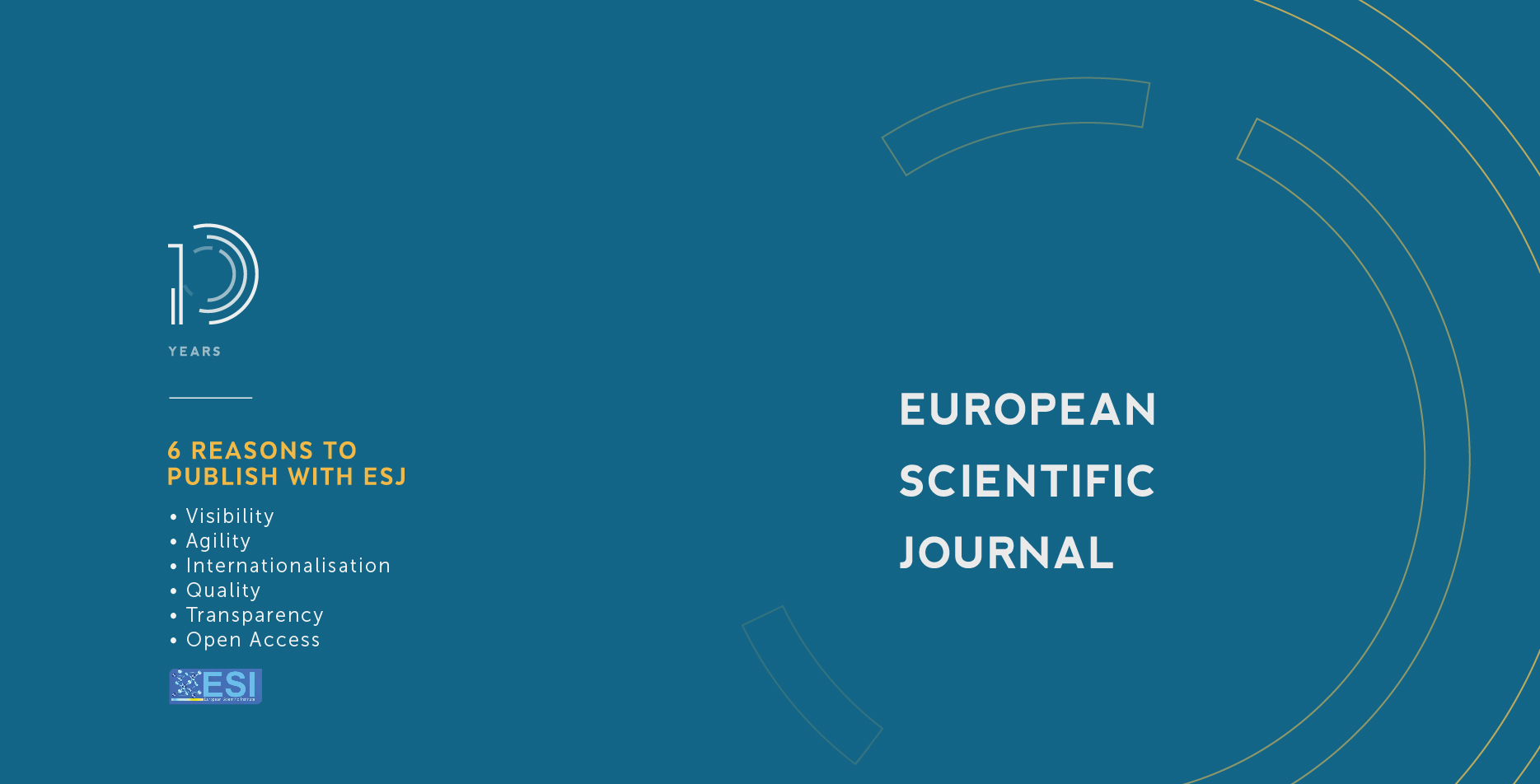Exploring the Lived Experiences of Inclusive Education Teachers Handling Students With Intellectual Disability: A Mixed Method Approach
Abstract
This paper focuses on exploring the lived experiences of inclusive education teachers handling students with intellectual disability in terms of their stressors, coping mechanisms, fulfilling experiences, and opportunities. A mixed method using questionnaire and one-on-one interview were employed in gathering the needed quantitative and qualitative data from the 13 purposively chosen respondents. Frequency and simple weighted mean were used in interpreting the quantitative data, while the Groenewald’s process of phenomenological analysis was employed to extract themes from the qualitative data. Results revealed that the students’ behavioral issues were the only potential stressors of the inclusive teachers. They coped via using cognitive, social, and physical coping resources. Students’ positive transformations, understanding the child through team teaching, and road to salary augmentation were the themes generated as their fulfilling experiences and opportunities. It is recommended that schools offering inclusive education should equip their teachers with pedagogical knowledge in handling the behavioral issues of students with special needs through providing relevant trainings.
Downloads
PlumX Statistics
Copyright (c) 2021 Soren R. Sanchez, Liza Chua, Rogaciano B. Melgar

This work is licensed under a Creative Commons Attribution-NonCommercial-NoDerivatives 4.0 International License.








